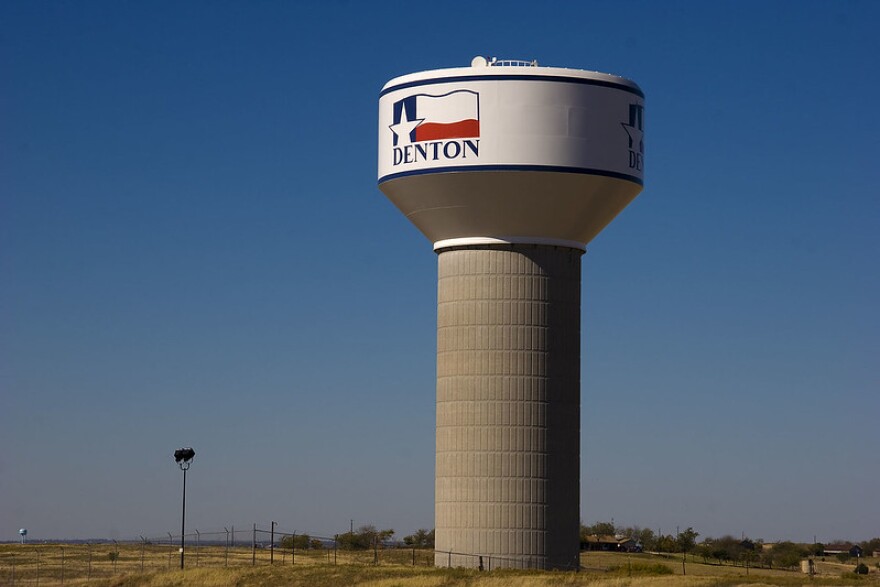Smaller towns in Denton County have seen some of the most dramatic growth. The population in Prosper, for example, increased by almost 163% from 2010 to 2020, according to data from the Texas Demographic Center. Celina’s population increased by almost 139%, and Aubrey’s population increased by 118%.
Earlier this year, the Census Bureau reported that four of the 10 counties with the most numeric growth in the nation were in Texas.
“There’s been a relocation of people around the country…The DFW region has been benefiting from that immensely,” said Lauren Fischer, who teaches urban planning at the University of North Texas. “We're seeing record numbers in some of the fastest growing counties — here in Collin County and Denton County — over the past couple of years”.
Population growth is increasingly expanding out from Dallas and Fort Worth. There’s not much choice.
But it is sometimes a struggle for outlying communities to keep up with the growth.
One looming issue: Fischer says the lack of water will become even more of a problem in the future.
“We're not an area that's rich in water. But as we see more people move in, we really have the need for additional water to accommodate them,” said Fischer, who is the associate director of the Advanced Environmental Research Institute at UNT.
Some counties like Wise County rely heavily on private water providers. Fischer said that can be expensive — and the costs can fall back on homeowners.
As populations increase, finding housing becomes more difficult. Denton County has seen a 74 % increase in homelessness, according to a recent United Way of Denton report. Even middle-income families may have difficulty finding affordable housing.
Communities are looking at ways to address housing issues.
For example, the City of Flower Mound recently approved site plans for a project called “Flower Mound Ranch.” The 1,066-acre development would include 6,000 apartments, 3,000 single-family homes and six to eight million square feet of commercial buildings.
Developers and city planners are “thinking very creatively about how… they use the land that they have left to both accommodate the population pressures they feel within their own community, but also to capitalize on the development activity and the growth and the opportunity to diversify their tax base, “ Fischer said.
The population growth also creates a lot of pressure on existing infrastructure.
“Twenty years ago, the roads were not nearly as congested as they are now. And it’s a real struggle to try to keep up...infrastructure needs when the population is growing that quick,” Fischer said.
Many residents in outlying counties want to live in a rural environment. But it might be difficult to maintain that lifestyle.
Fischer said smaller cities can try to combat population growth and urbanization with zoning regulations – for example requiring that housing lots be least one or two acres.
That does not always work. Roads and infrastructure may be shared with more populous communities nearby.
“So even if one community wants to say, ‘we want to maintain our rural character,’ it can become very difficult to do that – when you all of a sudden have 20,000 people now driving through some of your farm roads,” Fischer said.
Got a tip? Email Mya Nicholson at mnicholson@kera.org.
Mya Nicholson reports for KERA's government accountability team. She studies broadcast journalism at the University of North Texas.
KERA News is made possible through the generosity of our members. If you find this reporting valuable, consider making a tax-deductible gift today. Thank you.




